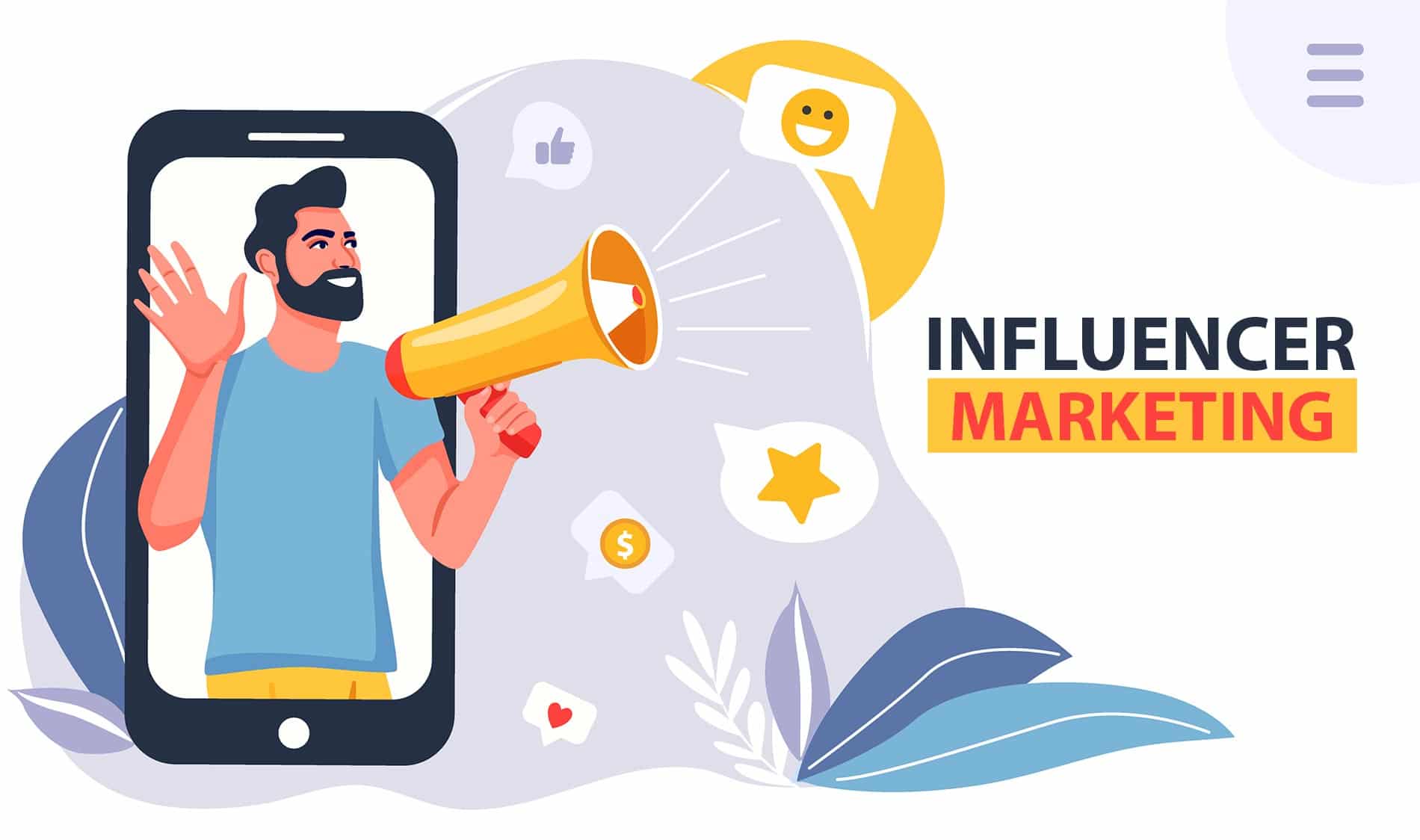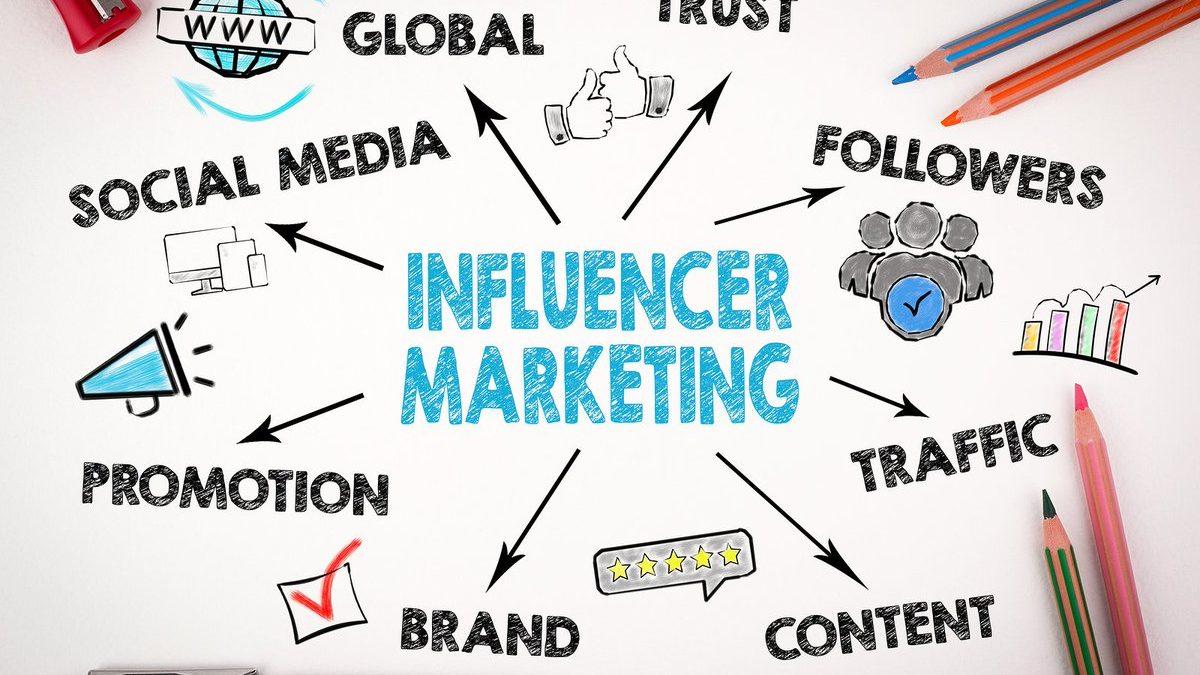Hello!
 Today, most brands recognize the importance of building an emotional connection with customers. It is important to reach out to consumers through social media and build brand loyalty.
Today, most brands recognize the importance of building an emotional connection with customers. It is important to reach out to consumers through social media and build brand loyalty.
We often see them constantly reinventing marketing strategies.
Influencer marketing is one such technique that has quickly become a fad. Celebrity endorsements have been around for decades but it has always meant that brands needed to spend millions on marketing.
However, influencer marketing is very cost-effective. Companies of any size, including startups at the seed stage, can use influencer marketing to promote their products. Influencer promotions have become a popular part of the democratization and promotion of marketing.
Most companies have made influencer promotions a core part of their marketing strategy to reach new audiences, increase brand awareness, and increase marketing ROI. This has opened up new opportunities for content creators.
 Strange, a marketplace for content creators, reports that 57% of beauty and fashion businesses use influencers in their marketing strategies. On average, businesses earn $6.50 per $1 invested in influencer market marketing.
Strange, a marketplace for content creators, reports that 57% of beauty and fashion businesses use influencers in their marketing strategies. On average, businesses earn $6.50 per $1 invested in influencer market marketing.
71% of YouTube’s teenage subscribers trust the opinions of influencers over celebrities, and 86% of women use social media before purchasing.
However, often brands tend to influencer marketing in the wrong way.
Influencer Marketing: 2 Strategies for Getting It Right
Common Mistakes
 Brands make common mistakes when doing influencer marketing. They don’t look at data and influencer analytics before selecting an influencer to represent a campaign.
Brands make common mistakes when doing influencer marketing. They don’t look at data and influencer analytics before selecting an influencer to represent a campaign.
“It is crucial to understand data points such as demographic bifurcation and engagement rate, past activities with other brands, whether the influencer has worked with any of them or not,” stated Sagar Pushp CEO & Co-Founder of ClanConnect.
Brands tend to believe that one platform is best when they are looking for influencer marketing campaigns. A cross-channel promotion or campaign is expected to produce better results. This is also true for the brand’s persona and ethos.
It doesn’t necessarily mean that only the most influential influencers in a particular segment will be available on the desired platform. For better results, brands should launch an influencer campaign via social media. This is why WhizCo’s Chief Marketing Officer and Co-Founder Prerna Goel said.
Brands often rush to choose influencers and end up choosing people who have less followers or are not compatible with their brand’s vision.
Brands also make a common error of not using multilingual approaches. Goel added that a large portion of their target customers might prefer to consume content in a vernacular tongue to English or Hindi. If they fail to reach them, the campaign fails to achieve its goal.
 Influencer engagement can also increase traffic immediately. Once the engagement ends, however, the investment is irrevocable. It is a spike of impressions, often uncategorized and repeatedly repeated, that can be used to increase brand awareness immediately but not for a return on investment.
Influencer engagement can also increase traffic immediately. Once the engagement ends, however, the investment is irrevocable. It is a spike of impressions, often uncategorized and repeatedly repeated, that can be used to increase brand awareness immediately but not for a return on investment.
Brands tend to focus on the number of fans, rather than the quality of engagement. Brands often overlook the impact of influencers on tangible and intangible elements,” stated Bala Kumaran (CEO, Brandstory).
Key Things To Remember
Brands should first look for influencers who are consistent with the brand’s values and have a greater number of followers. Goel stated, “First of all, confirm that the influencers selected must align with the brand’s perception or impression among the consumers.”
 She added that brands need to consider whether they are looking to reach audiences in larger cities, or those in tier II and tier III areas. It is important to choose the right platform for influencer engagement.
She added that brands need to consider whether they are looking to reach audiences in larger cities, or those in tier II and tier III areas. It is important to choose the right platform for influencer engagement.
Pushp agrees. Pushp agrees. He said that if the campaign is about increasing reach and awareness than it is, they should work with mega influencers.
For a campaign to succeed, marketing experts believe there must be a larger pool of creators and influencers (both macro and micro)
Kumaran said that brands should look at influencer marketing more as a benefit than a necessity to have one.
Kumaran also suggests that campaigns should be consistent in frequency and have a clear brief about the campaign’s objective. Last but not least, language barriers should not be overlooked if you want to reach an effective audience.
Also read:
- Launch a Business Travel App like “Uber for Business”
- Top 10 Common Local SEO Mistakes You Should Avoid Them
- Discover the Ultimate ChatGPT Alternative That Works Offline: Jan.ai Lets You Chat Anywhere, Anytime
Thank you!
Subscribe to our newsletter! Join us on social networks!
See you!






